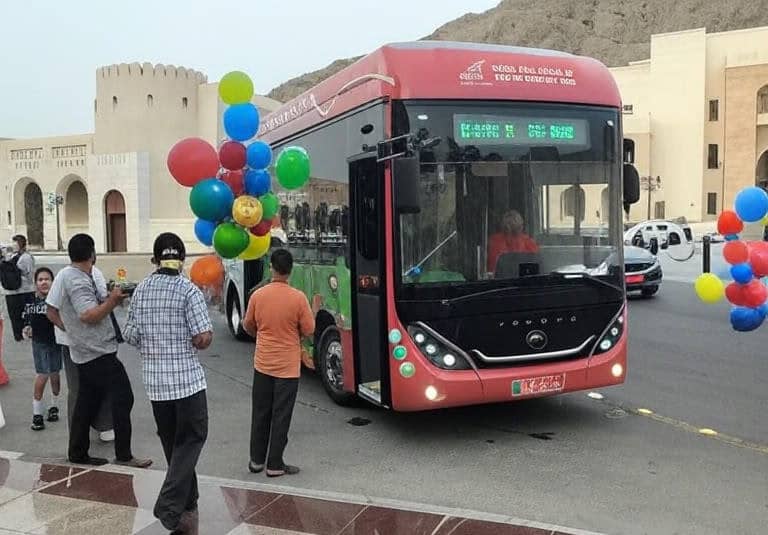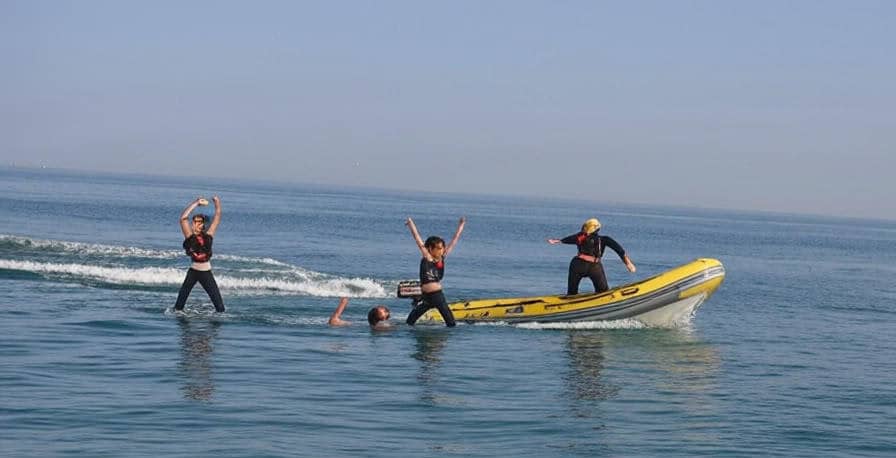Muscat, Oman – As climate change, urban expansion, and overgrazing threaten Oman’s unique plant species, researchers at the Oman Centre for Animal and Plant Genetic Resources (Mawarid) are taking action. Their long-term conservation project aims to collect, study, and protect rare plants, ensuring Oman’s rich biodiversity remains intact.
Seven Years of Research for a Greener Future
Over the past seven years, researchers have made remarkable progress:
- 352 plant species documented,
- 174 seed samples collected, and
- 17,623 genetic resource readings recorded.
Since 2018, Mawarid experts have conducted 81 field expeditions across 50 wilayats and explored 231 locations. As a result, they have successfully preserved 18 endangered species listed by the International Union for Conservation of Nature (IUCN).
Fighting Climate Change’s Impact on Oman’s Flora
Rising temperatures, prolonged droughts, and unpredictable rainfall are pushing many species toward extinction. To combat this, researchers are analyzing how native plants adapt to extreme environmental conditions. This valuable data is stored in a national genetic resources database, which will guide future conservation and restoration efforts.
Unlocking Agricultural and Medicinal Potential
Beyond conservation, Oman’s native flora holds enormous economic and medicinal value. Researchers are working closely with Oman Palm Development Company to extract essential oils and bioactive compounds from select species. These discoveries could lead to new breakthroughs in agriculture, medicine, and industry.
One of the most promising plants under study is wild lavender. Scientists have examined its chemical composition, revealing potential aromatic and medicinal benefits. Several research findings have already been published in peer-reviewed journals, setting the stage for further exploration.
Engaging Communities to Protect Oman’s Natural Heritage
Many wild plants play an important role in Omani traditions. To highlight their significance, Mawarid researchers are leading school programs, public lectures, and media campaigns. Their goal is to raise awareness and inspire people to support conservation efforts.
A Race Against Time to Protect Oman’s Ecosystems
With over 2,000 hours of fieldwork completed, researchers remain committed to preserving Oman’s fragile ecosystems. The seed bank serves as a lifeline for endangered species, allowing them to be reintroduced into their natural habitats if needed. This initiative is crucial for long-term environmental stability.
Stay Updated with Times of Muscat
For more updates on Oman’s conservation efforts, biodiversity initiatives, and scientific research, visit Times of Muscat.
Reference Website: https://omannews.gov.om


